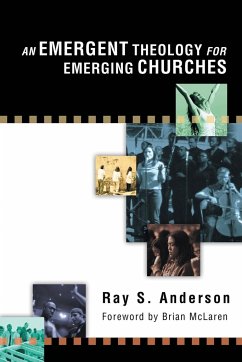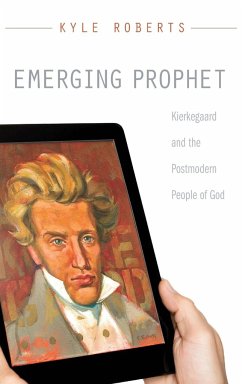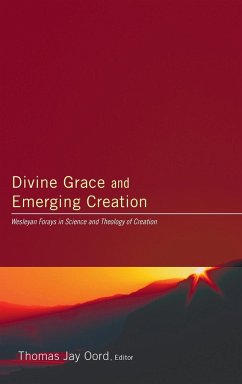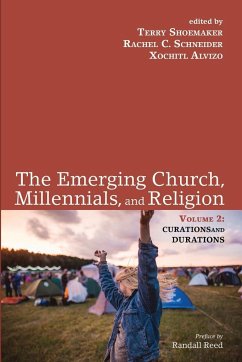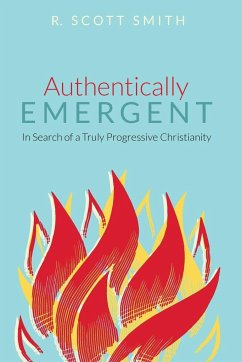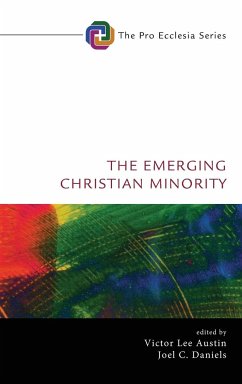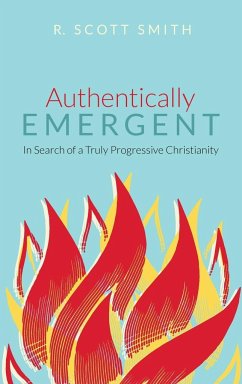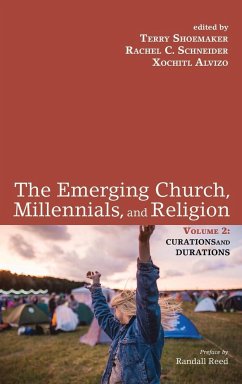If the emerging church movement is looking for a theology, Ray Anderson offers clear and relevant theological guidance for it in this timely book. Reaching back through time, Anderson roots an emergent theology in what happened at Antioch, where Saul (Paul) and Barnabas were set apart for a mission to establish churches outside of Jerusalem--among Gentiles who had to be reached in their own cultures. He shows how the Lord Holy Spirit himself revolutionized and inspired how the message of salvation was offered to others, and provided a model to follow. Explaining that an emergent theology is messianic, revelational, kingdom-coming and eschatological, this book adresses many of the concerns of those looking for a church that is contemporary, yet true to the gospel. If you wrestle with the challenges that face the church in these "postmodern" days, you will benefit from this book.
Hinweis: Dieser Artikel kann nur an eine deutsche Lieferadresse ausgeliefert werden.
Hinweis: Dieser Artikel kann nur an eine deutsche Lieferadresse ausgeliefert werden.

